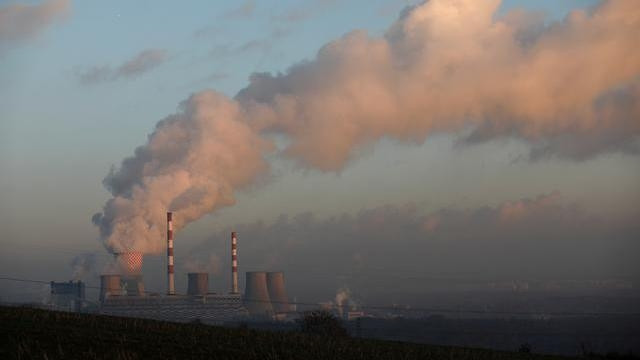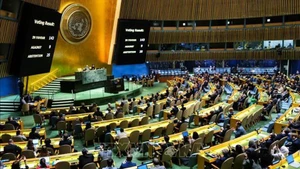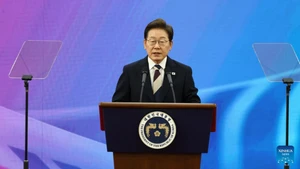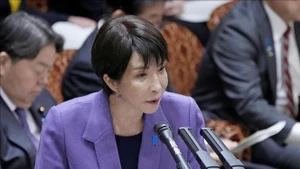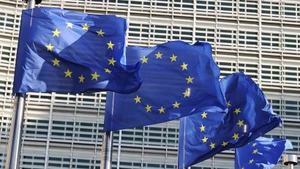The Paris Agreement’s climate change agenda has seen some encouraging signs after US President J. Biden made his first move to put the second-largest emitter of CO2 back on track in its response to climate change, while at the same time pledging that Washington will take a leading role in this global war.
Accordingly, the US President signed a series of executive orders designed to address climate change, including a new ban on certain forms of energy drilling. The Department of the Interior was directed to pause oil and gas drilling leases on federal lands and water “to the greatest extent possible” and to launch a review of existing energy leases, with the aim of conserving at least 30% of federal lands and oceans by 2030.
The orders also mention a plan to invest in infrastructure worth US$2 trillion that the President is expected to submit to the Congress in February. The 46th President of the United States also appointed former Secretary of State J. Kerry as his special envoy on the climate crisis, and announced a plan to hold a summit on climate issues among world leaders in April.
The moves from the US President show his determination to fight climate change and affirm his commitment that the US will take the lead in this global effort. His new orders have received acclaim from environmental organisations.
Facing these positive changes, UN Secretary-General A. Guterres has suggested China and the US cooperate in climate action. The UN Secretary-General also expressed his hope that the US and Russia will actively participate in the 26th UN Climate Change Conference, scheduled to take place in November, while moving towards their carbon neutrality goal as quickly as possible.
The recent Climate Adaptation Summit was the first event that focused on the consequences of climate change. Discussions revolved around ways to reduce the country's vulnerability to sea level rises, extreme weather conditions and food shortages.
The Prime Minister of the Netherlands, whose territory is well below sea level, expressed a willingness to share the country’s experiences in land protection. Meanwhile, the President of Argentina urged developed countries to increase their commitment to the provision of technical and financial resources.
The US will “make good” on financial commitments to developing countries struggling with climate change, top U.S. climate envoy J. Kerry said at the summit. Kerry said the US was “proud to be back” in the global climate discussion and Biden’s government “also intends to make significant investment in climate action” both domestically and internationally.
The European Union (EU) also agreed to reduce greenhouse gas emissions by at least 55% by 2030. China has set a more ambitious goal of hitting peak emissions before 2030 and carbon neutrality by 2060.
The central goal on the UN agenda for 2021 is to build a global coalition on carbon neutrality through measures to end fossil fuel subsidies, carbon pricing and investing in renewable energy.
With the world’s largest emitters of CO2 and many other countries stepping up activity to fulfil their commitments to reducing emissions, more is expected to be done in pursuit of common global goals on climate change.
